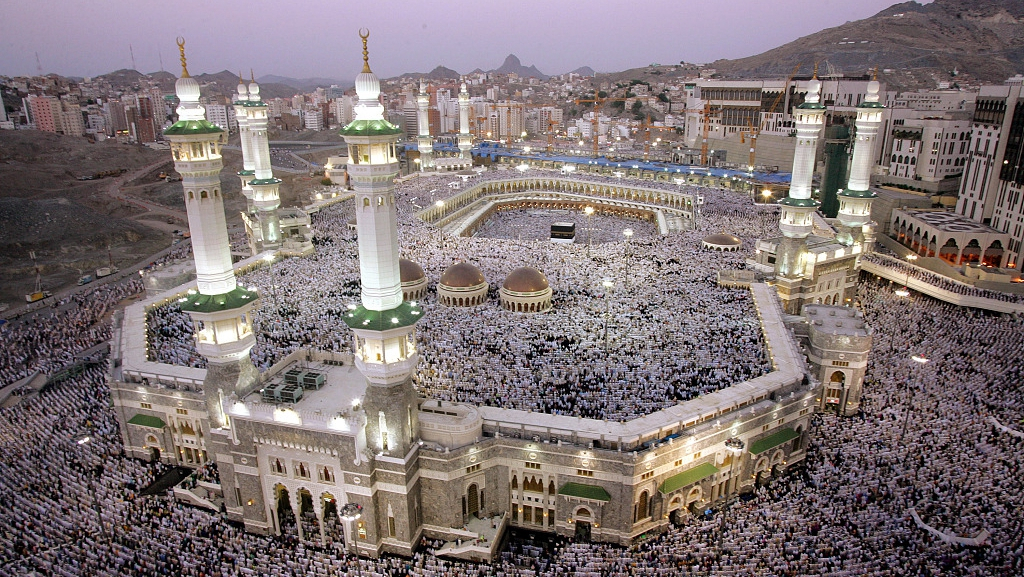Hajj is one of the five essential foundations of Islam. It is a special journey that Muslims must do at least once in their life, as long as they are healthy and can afford it. Hajj is a way to show devotion to Allah (SWT), and it takes place in the holy city of Makkah.
Hajj in the Qur’an
In the Qur’an, Allah (SWT) tells Muslims to visit the Kaaba in Makkah to complete the Hajj. There is even a chapter (Surah) called “Hajj.” In it, Allah tells Prophet Ibrahim (AS) to call people to make the pilgrimage. hajj has been performed for centuries, with people coming from far away on foot and camels. These verses show how Hajj is a spiritual journey full of blessings.
The History of Hajj
Hajj is over 1,500 years old, but its roots go back even further. The rituals of Hajj started around 2000 BCE when Hajar, the wife of Prophet Ibrahim (AS), searched for water for her son Ismail (AS). She ran between the hills of Safa and Marwa, and Muslims do the same today as part of Hajj.
The Kaaba was first built by Prophet Ibrahim (AS), and people from many religions visited it. Later, in 632 CE, Prophet Muhammad (peace be upon him) led the first official Hajj after removing idols from the Kaaba. He and his followers followed Hajar’s steps, threw stones at symbolic pillars to show rejection of Satan, and prayed on Mount Arafah. This mountain was also where the Prophet gave his final sermon.
When Does Hajj Happen?
Hajj happens every year between the 8th and 13th of Dhul Hijjah, the last month of the Islamic calendar. The Islamic calendar is lunar, so Hajj dates move back by about 11 days each year in the regular calendar.
One of the most important days is the Day of Arafah on the 9th of Dhul Hijjah. Even Muslims not on Hajj can fast on this day to gain great rewards and have their sins forgiven.
Hajj Today
Every year, around 2.5 million Muslims go to Makkah for Hajj. Most of them come from other countries, especially from Egypt, Pakistan, Yemen, India, Sudan, and Bangladesh. It shows how united the Muslim world is. After completing Hajj, men are called “Hajji” and women are called “Hajjah” as a sign of respect.
The People Who Help During Hajj
Because so many people attend, many staff and volunteers are needed to help. In 2019, around 351,000 people worked to support Hajj pilgrims. They helped with health care, travel, communication, and more.
Conclusion
Hajj is a journey filled with deep meaning. It’s not just a trip—it’s a powerful way to connect with Allah (SWT) and follow the path of the Prophets. May every Muslim have the chance to complete Hajj one day, inshaAllah!

